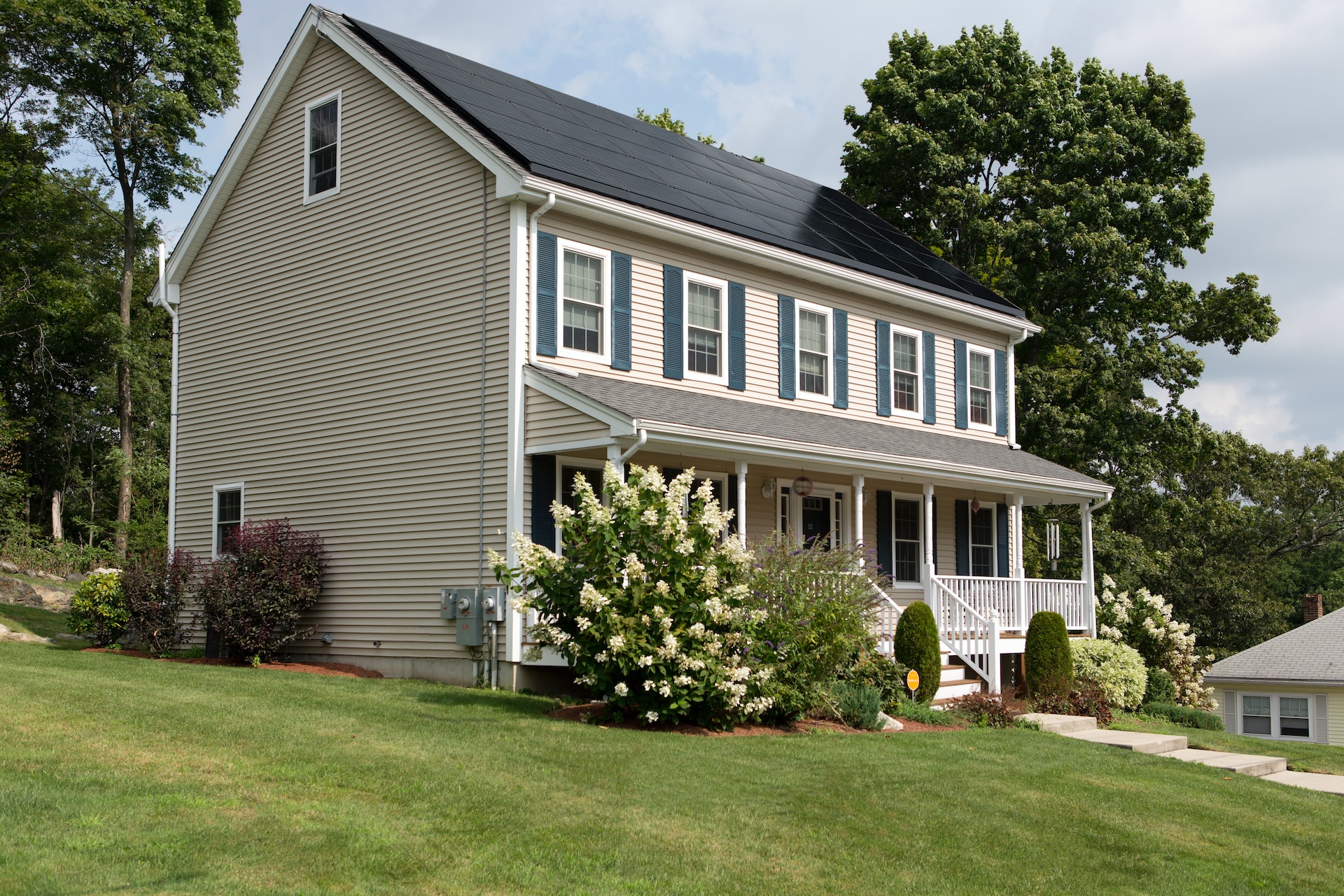Liability coverage in home insurance is designed to protect you if someone gets injured on your property or if you are held responsible for causing damage to someone else’s property. It compensates for legal expenses, medical bills, and other costs associated with liability claims, helping protect your assets and future financial security.
With homeowners liability insurance, you know you are adequately protected in unforeseen events. Whether it’s a slip and fall accident, a pet-related incident, or damage caused by negligence, liability coverage in your home insurance policy can provide the necessary financial support to handle legal obligations and potential settlements.
What is Liability Coverage?
Liability coverage is a type of insurance that provides protection against legal claims and financial losses when you are held responsible for causing harm or damage to someone else. This kind of coverage is optimal for both individuals and businesses, offering financial compensation in the event of accidents or lawsuits.
Liability insurance typically covers three main areas: bodily injury, property damage, and personal injury claims. If someone is injured or their property is damaged due to your actions or negligence, liability coverage can help cover the costs associated with these incidents.
Here’s a breakdown of what liability insurance covers:
- Bodily injury: If someone is injured on your property or as a result of your actions, liability coverage can help pay for their medical expenses, rehabilitation costs, and lost wages.
- Property damage: If you accidentally damage someone else’s property, liability coverage can help cover repairs or replacement costs.
- Personal injury: Liability insurance can also cover claims such as slander, defamation, or invasion of privacy.
Types of Liability Coverage in Home Insurance
When it comes to home insurance, liability coverage protects you from financial losses in case of accidents or lawsuits.
Personal Liability Coverage
Personal liability coverage provides protection if someone is injured while on your property.
Property Damage Liability Coverage
Property damage liability coverage, on the other hand, comes into play when you accidentally cause damage to someone else’s property. For example, if a tree from your yard falls and damages your neighbor’s fence, this coverage would provide compensation for repairs or replacement.
Liability Coverage Away from Your Property
In some cases, liability coverage under your home insurance can extend beyond your property. For instance, if your dog bites someone while you’re on a walk or accidentally injure someone during a sports activity, this coverage can help protect you from legal and financial consequences.
Importance of Liability Coverage in Home Insurance
One of the primary benefits of liability insurance in home insurance is that it helps safeguard your assets and savings. In the event of an accident or a lawsuit, liability coverage steps in to cover the expenses associated with the claim. This can prevent you from depleting your savings or having to sell valuable assets to fulfill your financial obligations.
Another important aspect of liability coverage is its role in protecting your future financial security. Accidents happen, and lawsuits can arise unexpectedly. Proper liability insurance ensures you are prepared for the financial challenges of these situations. Rather than facing a potentially crippling financial burden, liability coverage provides a safety net to help you recover and move forward.
Benefits of Liability Insurance:
- Financial protection from costly lawsuits and claims
- Safeguarding of assets and savings
- Preservation of future financial security
- Peace of mind and reduced stress
Coverage Limits and Policy Options
When purchasing home insurance, understand policies typically have individual limits for personal liability and property damage liability. These limits determine the maximum amount the insurance company will pay for a covered claim.
For personal liability, the coverage limit is the maximum amount the insurance company will pay if you are held responsible for someone’s injury or damage to their property. It includes medical expenses, legal fees, and potential settlement amounts. Property damage liability coverage limits, on the other hand, determine the maximum amount the insurance company will pay if you cause damage to someone else’s property.
Choose coverage limits that adequately protect your assets and financial well-being. Consider factors such as the value of your assets, potential risks, and your comfort level with assuming additional liability expenses.
Addition Liability Coverage Options
In addition to the standard policy limits, homeowners have the option to purchase additional liability coverage known as an umbrella policy. Umbrella insurance provides extra protection beyond the primary home insurance policy limits. It is designed to safeguard your assets in the event of a high-cost liability claim where the standard coverage may not be sufficient.
An umbrella policy offers higher liability coverage limits, typically starting at $1 million or more. It can cover various liability claims, including bodily injury, property damage, and personal injury. This additional coverage can help protect your savings, investments, and future earnings from potential lawsuits that exceed the limits of your home insurance policy.
Before purchasing an umbrella policy, consider your individual needs and the value of your assets. Discussing your options with an insurance professional can help you determine the appropriate additional liability coverage for your specific circumstances.
- Standard home insurance policies have coverage limits for personal liability and property damage liability.
- Personal liability coverage limits protect you in case of injury or damage caused by you.
- Property damage liability coverage limits protect against damage to someone else’s property.
- Consider your assets, potential risks, and comfort level when choosing coverage limits.
- Additional liability coverage options, such as umbrella policies, provide extra protection.
- An umbrella policy offers higher liability coverage limits beyond the standard policy limits.
- Umbrella insurance can protect your assets from high-cost liability claims.
- Consult with an insurance professional to determine the right coverage for your needs.
Factors Affecting Liability Insurance Premiums
Several factors can impact the cost of your premiums and insurance companies take various aspects into account when calculating your rates, ensuring that they accurately reflect the level of risk associated with providing coverage.
Here are some important factors that can affect the rates for liability insurance:
- Coverage limits: The coverage limits you choose play a significant role in determining your premiums. Higher coverage limits mean more financial protection, but they can also lead to higher premiums.
- Location and size of your home: Where you live and the size of your home are factors that insurers consider. Certain areas may have higher liability risks, such as neighborhoods with higher crime rates or areas prone to natural disasters.
- Claims history: Your past claims history can impact your liability insurance rates. Insurance companies may view individuals with a history of frequent or costly liability claims as higher risk, potentially resulting in higher premiums.
- Credit score: In some cases, insurance companies may consider your credit score when calculating liability insurance premiums. A good credit score can help demonstrate your financial responsibility and potentially lead to lower rates.
Home insurance liability coverage protects your financial interests in the event of unforeseen accidents or legal claims. This coverage compensates for expenses related to liability claims, including legal fees and medical bills, ensuring that your assets and future financial security are safeguarded. By understanding the different types of liability coverage, exploring policy options, and considering factors that may impact premiums, you can make informed decisions and select the right coverage for your needs.
With the right liability coverage in place, you can confidently navigate life’s uncertainties while protecting your wealth and ensuring a secure future.



